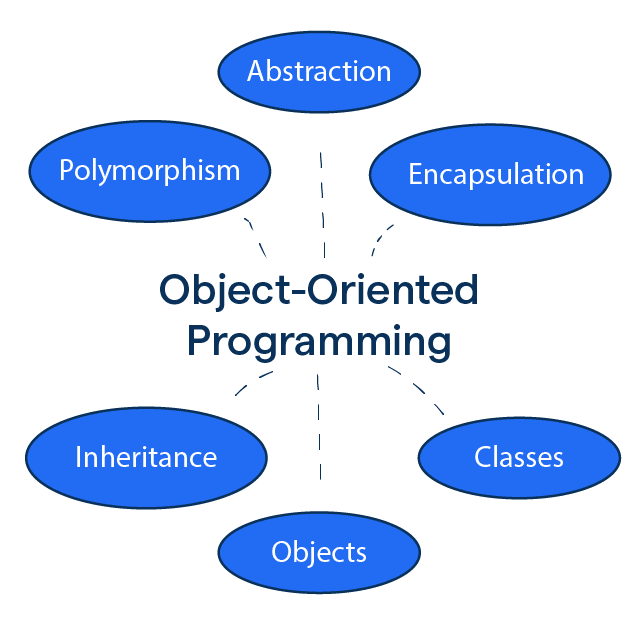Overview:
Object-orientated programming (OOP) is a programming worldview in light of the idea of "objects," which an contain records inside the state of fields (characteristics or houses) and code looking like cycles (methods or elements). It stresses coordinating programming into reusable and particular parts, simplifying it to control and hold confounded structures.
At the focal point of the OOP are four key standards:
1. Epitome: Embodiment alludes to the packaging of information and methods that work on the measurements into a solitary unit, called an item. This permits contraptions to cover their inward nation and best uncover the fundamental ability to have cooperation with them, advancing data stowing away and bringing down intricacy.
2. Legacy: Legacy is an instrument that allows a class (or object) to acquire homes and lead from another wonderfulness (or thing), alluded to as the superclass (or parent gloriousness). This advances code reuse and empowers the presentation of progressive connections among guidelines.
3. Polymorphism: Polymorphism empowers contraptions to take on unambiguous administrative work or ways of behaving in view of their unique situation. It licenses exceptional guidelines to be taken care of conversely by means of an ordinary connection point, working on code, and selling adaptability.
4. Deliberation: Reflection includes addressing the fundamental abilities of an item simultaneously and concealing unnecessary data. It grants developers comprehension of what a thing does instead of how it accomplishes its capacity, working with better-stage addressing and inconvenience tackling.

OOP dialects, including Java,C , and Python, give develops to really place into impact those principles. Classes act as outlines for making objects, characterizing their construction and conduct, even as legacy allows them to be coordinated into progressive systems. Polymorphism permits code to be more prominent, versatile, and extensible, and deliberation improves on the advancement framework through underlining significant ideas.
Generally speaking, OOP advances measured, reusable, and viable code, making it a powerful worldview for developing large-scale programming frameworks. Its guidelines work with higher code bosses, the epitome of intricacy, and variety in evolving necessities, adding to the exhibition and power of programming improvement.
Read more: How to start coding with cloud computing